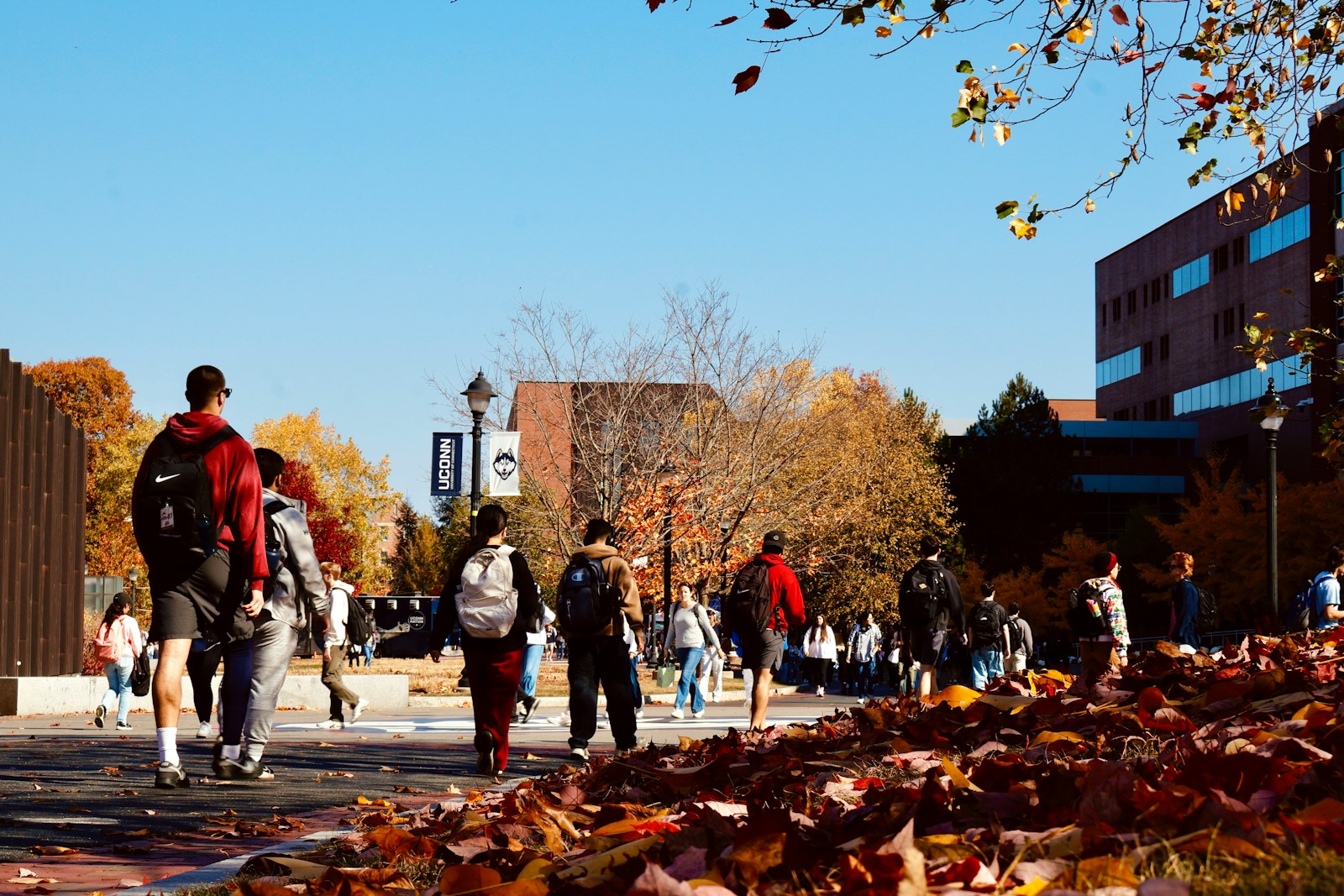Making the decision to study abroad is often a smart move that could boost your chances of academic success and make your resume standout when you begin to climb the corporate ladder. For one, your preferred discipline might not be available in your home country and you might need to go abroad instead of settling for less in your home country. Secondly, going abroad expands your horizons and it shows your ability to go out of your comfort zone and take up new challenges.
Nonetheless, going abroad for studies is not always smooth sailing because a number of unforeseen circumstances could frustrate you. You might have to deal with cultural shocks, language barriers, and difficulties acclimatizing to the weather conditions. Interestingly, a bigger issue that could frustrate your foreign studies is the hidden costs of studying abroad.
Pay special attention to exchange rates
You’ll need to pay attention to exchanges rates as it affects every other aspect of studying abroad. The exchange rates could make transportation, property rental, feeding, and your school fees exorbitant or affordable as the case may be. The fluctuation in currency exchange rates often affects the budget of international students, making it hard to know exactly how much they can expect to spend in any giving month.
The worst part is that banks tend to fleece you at every opportunity that they get. The spread on the exchange rate from banks, especially when you use cards from your home country in a foreign country could run into a thousand dollars across a single semester. More so, you’ll also lose money in FX fees every time your family or sponsors send you money from home. It is somewhat hard to escape paying foreign exchange fees but you can determine how much you pay in exchange fees by shopping around on online websites for deals.
Watch the Transportation Cost
Unless you are lucky to live on campus, hold all your academic activities on campus, and have a practically non-existent social life; transportation costs are some of the hidden costs you can expect to pay. Many foreign students forget to think about how much bus passes, subway tickets, train rides, and Uber cost in the host country until they’ve passed through customs and they have to hail a cab.
If you’ll need to do a lot of driving, you’ll also need to consider the cost of buying a car or importing your car over national borders. More importantly, you’ll need to think about the costs of flights back home especially if your study program will extend over a couple of Christmas holidays when you’ll be tempted to go home.
Pay attention to property rental costs
You’ll need a roof over your head and property rental costs is a big cost to consider if you can’t find a school accommodation and you have to sort out your property rental. You might find out that the real estate market around your school might be exponentially different from the real estate in your home country. For instance, you might need to pay utility bills whereas you are used to utility bills being bundled with the rent. You might also be required to pay rental insurance or make a security deposit that will be held in escrow against damage to the property.
Watch groceries and household costs
Your decision to go abroad for studies might actually be influenced by the fact that tuition is cheaper in the target country. However, there’s more to studying abroad than tuition and living expenses are probably the biggest “expected” costs that will make or mar your study. You need to be sure that the cost of everyday food items is not particularly more expensive in relation to prices in your home country.
If you have special dietary needs, you need to be sure that you can find the kind of food you want without having to make special provisions to import the food you need. If you want to rely on eating out for your feeding, you also need to be sure that you won’t spend all of your stipend on food because there are no concessions available to students.


